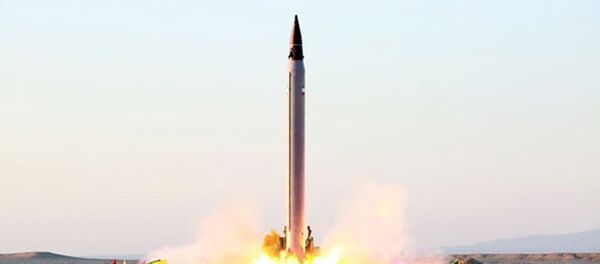Business entities in the US may miss the first chance to do deals with Tehran when US economic sanctions are projected to be lifted in 2017. According to the terms of the historic nuclear deal, the US agreed to lift only those sanctions connected to Iran's nuclear activities, leaving most of the sanctions, especially those placed on economic sectors, in place.
Foreign subsidiaries of US firms are permitted to transact with Iranian companies. Legal, transparency and regulatory challenges pose some risk for those companies, but many appear willing to make that gamble.
Many in the financial sector will wait to invest in Iran until after the upcoming US presidential election, as the candidates state very different views on foreign commerce.
An early indicator of international optimism was highlighted by British chancellor George Osborne, who stated that, in 2017, a group of UK businesses are expected to visit Tehran. British intelligence analyst Glenmore Trenear-Harvey, on a fact-finding trade mission in October, said, "We were very much johnny-come-lately. So many delegations were already ahead of us."
"Americans, at the moment, are really going to be at the end of the queue… As often happens, politicians haven't the faintest idea of the commercial implications of bloviating."
"Very important for these firms is security," she added. "Even if the sanctions are lifted, if you're Chevron or ExxonMobil and you're sending American personnel to Iran, you're going to be concerned until relations are normalised."
Under the Joint Comprehensive Plan of Action regarding Iran's nuclear energy program, accepted on July 14 in Vienna, all of the enriched uranium in Iran has been removed under Russia's assistance.




